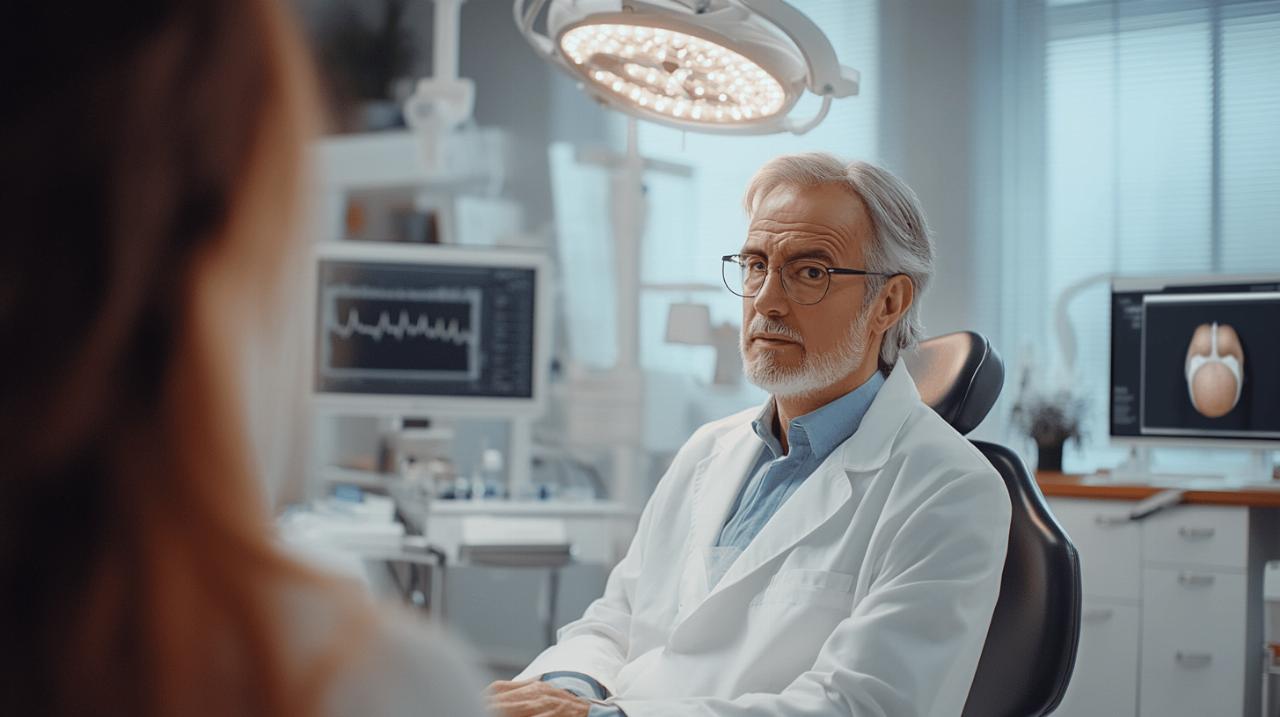Hair loss is far more than a physical concern; it strikes at the very heart of how individuals perceive themselves and interact with the world. For many, the thinning or complete loss of hair can trigger a cascade of emotional challenges that affect confidence, social interactions, and overall mental wellbeing. Dr Pierre Bouhanna has dedicated his career to addressing not only the visible signs of hair loss but also the profound psychological toll it takes on those affected. His work combines advanced surgical techniques with a deep understanding of the emotional landscape of alopecia, offering patients a path toward renewed self-esteem and improved quality of life.
Understanding the Psychological Impact of Hair Loss
The connection between hair loss and self-worth
The relationship between hair and self-perception is deeply rooted in cultural and personal identity. Hair often represents vitality, youth, and attractiveness, and its loss can feel like a fundamental erosion of these qualities. Research has shown that individuals experiencing alopecia frequently report feelings of diminished self-worth and heightened anxiety about their appearance. This emotional burden can be particularly acute in social settings, where the fear of judgement or negative attention can lead to withdrawal and isolation. The psychological impact of hair loss is not merely a superficial concern; it can permeate every aspect of daily life, from professional confidence to intimate relationships.
How alopecia affects daily life and social confidence
For those living with alopecia, the condition can influence choices and behaviours in subtle yet significant ways. Many individuals report avoiding social gatherings, changing their wardrobe to draw attention away from their hair, or even experiencing difficulties in professional environments where appearance is closely scrutinised. The constant awareness of one's hair loss can create a persistent undercurrent of stress and self-consciousness. This is where the importance of effective treatment becomes evident, as restoring hair is not just about aesthetics but about reclaiming a sense of normalcy and confidence that many take for granted.
Pierre bouhanna's revolutionary approach to hair restoration
Innovative surgical techniques and methodologies
Dr Bouhanna has long been recognised for his pioneering contributions to the field of hair restoration. His techniques emphasise precision, natural-looking results, and the integration of cutting-edge research into clinical practise. Central to his approach is the understanding that hair renewal involves complex changes in the hair follicle and its surrounding blood supply, factors that are particularly affected in cases of alopecia. Recent scientific investigations have highlighted the role of blood vessel formation in supporting healthy hair growth, with proteins such as Glypican-1 playing a critical part in this process. GPC1 is found mainly in the outer root sheath of hair follicles, dermal papilla cells, and endothelial cells, and it helps human dermal microvascular endothelial cells to form blood vessels essential for sustaining the hair follicle.
The study of angiogenesis, or the formation of new blood vessels, has revealed that KORS cells secrete VEGF and HGF, promoting pseudotube formation in HDMEC. These growth factors are vital for encouraging the proliferation and organisation of endothelial cells, which in turn support the vascular network around hair follicles. GPC1 interacts with VEGFR2 and c-Met, receptors that are important for blood vessel growth and cellular communication. When GPC1 is cleaved by Phospholipase C, it boosts HDMEC proliferation, demonstrating a mechanism by which the protein can be activated to enhance vascular support. Treatment with PLC at a concentration of 0.5 U/mL was used to cleave GPC1, and this intervention led to a threefold decrease in GPC1 expression in the membrane protein extract, yet paradoxically stimulated a twofold increase in cell proliferation in standard endothelial cell medium and a fourfold proliferation increase when HDMECs were grown in KORS-conditioned medium.
Patient-centred care and personalised treatment plans
Beyond the technical aspects of surgery, Dr Bouhanna's practise is distinguished by its emphasis on individualised care. Each patient presents a unique set of circumstances, from the pattern and extent of hair loss to personal goals and psychological needs. By tailoring treatment plans to address these specific factors, Bouhanna ensures that outcomes are not only clinically successful but also aligned with the patient's expectations and lifestyle. This personalised approach fosters a therapeutic relationship built on trust and mutual understanding, which is essential for achieving optimal results and supporting the emotional recovery that accompanies physical transformation.
Documented Results and Success Stories from Bouhanna's Practise
Clinical outcomes and patient satisfaction rates
The effectiveness of Dr Bouhanna's methods is reflected in the consistently high satisfaction rates reported by his patients. Clinical data demonstrate significant improvements in hair density and coverage, with many individuals experiencing a restoration of natural hairline and volume that seamlessly integrates with their existing hair. The biological underpinnings of these successes are supported by research into how hair follicles respond to enhanced vascular support. For instance, KORS-conditioned medium stimulates HDMEC proliferation by 54% and 116% respectively under varying conditions, illustrating the potent effects of growth factors secreted by keratinocytes on endothelial cell activity. Moreover, when GPC1 expression is down-regulated by siRNA transfection of HDMEC, there is a decrease in GPC1 gene expression by 96.7% compared to non-transfected cells and by 73.4% compared to siControl, underscoring the protein's critical role in maintaining the vascular integrity necessary for hair follicle health.
Real-life transformations and testimonials
The stories of individuals who have undergone treatment with Dr Bouhanna are both moving and illuminating. Patients frequently describe not only the visible restoration of their hair but also a profound shift in their emotional state. One individual recounted how years of avoiding mirrors and social events were replaced by a newfound willingness to engage fully with life. Another spoke of the relief of no longer feeling defined by hair loss, a sentiment echoed by many who have experienced the dual impact of physical and psychological renewal. These testimonials underscore the transformative potential of effective hair restoration and highlight the importance of addressing both the biological and emotional dimensions of alopecia.
The Broader Benefits: Mental Health and Quality of Life Improvements
Restoring confidence through effective treatment
The link between successful hair restoration and improved mental health is well documented. As hair density and coverage increase, so too does the sense of control and self-assurance that many patients had lost. This restoration of confidence can have cascading effects, enabling individuals to pursue opportunities and relationships that they had previously avoided. The biological mechanisms that support hair growth, such as the action of HGF and VEGF in promoting angiogenesis, are mirrored by psychological mechanisms that support emotional resilience. HGF treatment induces a significant increase in HDMEC pseudotube formation, and VEGF treatment increases significantly HDMEC pseudotube formation, both of which are essential for establishing the vascular framework that nourishes hair follicles. Notably, the active HGF β subunit at 35 kDa was highly and specifically secreted by KORS, highlighting the targeted biological activity that underpins therapeutic success.
Long-term psychological wellbeing after hair restoration
The benefits of hair restoration extend well beyond the immediate post-treatment period. Long-term follow-up with patients reveals sustained improvements in self-esteem and mental health, with many reporting that the positive changes they experienced have become an integral part of their identity. This enduring impact reflects not only the quality of the surgical outcomes but also the comprehensive care that addresses the emotional dimensions of hair loss. By understanding that alopecia affects not just the scalp but the entire sense of self, Dr Bouhanna and practitioners like him have redefined what it means to treat hair loss, transforming it from a purely cosmetic procedure into a holistic intervention that supports overall wellbeing. The integration of scientific insights into angiogenesis and hair follicle biology with compassionate, patient-centred care exemplifies the future of hair restoration, where physical and psychological health are recognised as inseparable components of healing.
